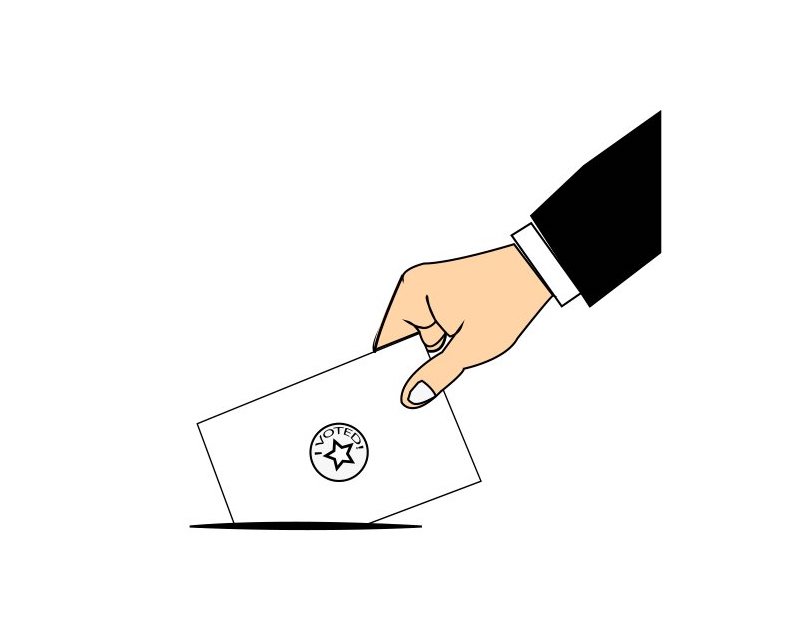Signature requirements reduce likelihood of ballot measures in 2022
October 6, 2020
COVID-19 may keep initiated measures or constitutional amendments off the 2022 ballot in South Dakota.
In South Dakota, citizens can get changes to state laws or amendments to the state constitution on the ballot through popular referendum— if a proposal can collect enough signatures.
The number of required signatures to make the ballot in 2022 is 16,961 for an initiated measure and 33,921 for a constitutional amendment.
The Secretary of State’s office reported no new petitions were approved for circulation this year.
Petition sponsors generally have up to 24 months to collect enough signatures to put their proposal on the ballot. Any new petitions filed after Nov. 3 will have half that time, with the petition deadline one year before the 2022 election.
“I declined more than one invitation to help circulate petitions and even to just come to an event to sign a petition,” said Cory Heidelberger, a leader of a group called SD Voice that has circulated many petitions in past years.
“I talked with some other activists about their interest in circulating referendum petitions after the Legislature adjourned at the end of March,” Heidelberger said. “But no one took such petitions out this year, I suspect specifically because the pandemic made it too difficult and too dangerous to gather signatures by the usual means.”
Sponsors of this election’s initiated measure think they dodged a bullet.
“Our volunteers [traditionally] gravitated towards concerts, college campuses, downtown Sioux Falls and places where there would be a lot of people,” field director for New Approach South Dakota Ned Horsted said. Which the group is hoping to avoid during the pandemic.
Horsted’s organization was responsible for getting Initiated Measure 26 on the ballot for 2020, a medical marijuana proposal, following nearly a decade of work and three previous failed petition drives.
Petitions drives are also necessary to put candidates on the ballot in South Dakota.
“We started two weeks into January and had most of it done by the time COVID-19 hit,” Democratic candidate for U.S. Senate Dan Ahlers said.
He claimed he was fortunate to have gotten an early start, since winter months are generally more difficult for gathering signatures.
“We had a great group of volunteers. We put the word on social media and ran drive-up petition drives,” Ahlers said, explaining how he adjusted to the pandemic.
























